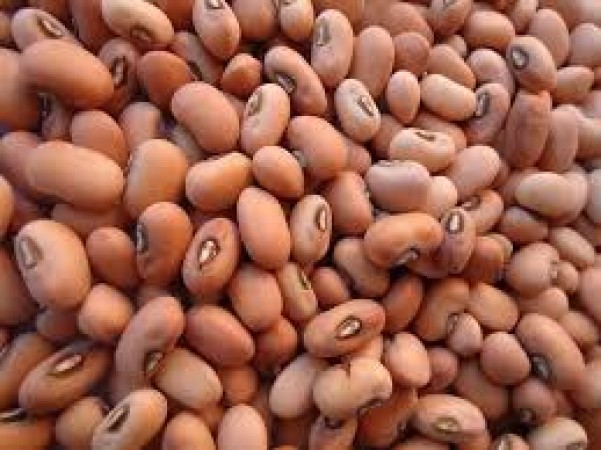
Moth bean, a seemingly harmless legume, has been gaining popularity for its nutritional value. However, recent revelations by health experts have shed light on potential risks associated with its consumption. In this article, we'll delve into the details, uncovering the benefits and potential hazards of consuming moth beans.
Understanding Moth Bean and Its Appeal
Moth beans, commonly known as "matki" in India, have long been celebrated for their high protein content and dietary fiber. They are a staple in vegetarian diets and are also recognized for their versatility in culinary applications.
The Nutritional Highlights
The Emergence of Concerns
Amid their nutritional advantages, health experts have uncovered potential risks linked to moth bean consumption, prompting a closer examination.
Antinutrients - A Cause for Concern
Flatulence and Digestive Distress
Allergies and Sensitivities
Making Informed Choices
To enjoy the benefits of moth beans while minimizing risks, consider the following:
Moth beans offer a plethora of nutrients, but health experts caution against overlooking potential risks. By understanding the intricacies of their nutritional profile and making informed choices, you can harness their benefits while safeguarding your health.
Craving Kathi Rolls? Learn How to Make Authentic Street-Style Rolls at Home
The Right Way to Enjoy Fruits: Avoid These 5 Common Errors
Unveiling the Truth About 'Raw Eggs': 7 Potential Side Effects